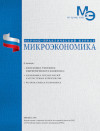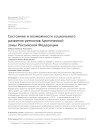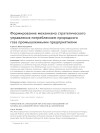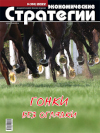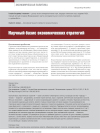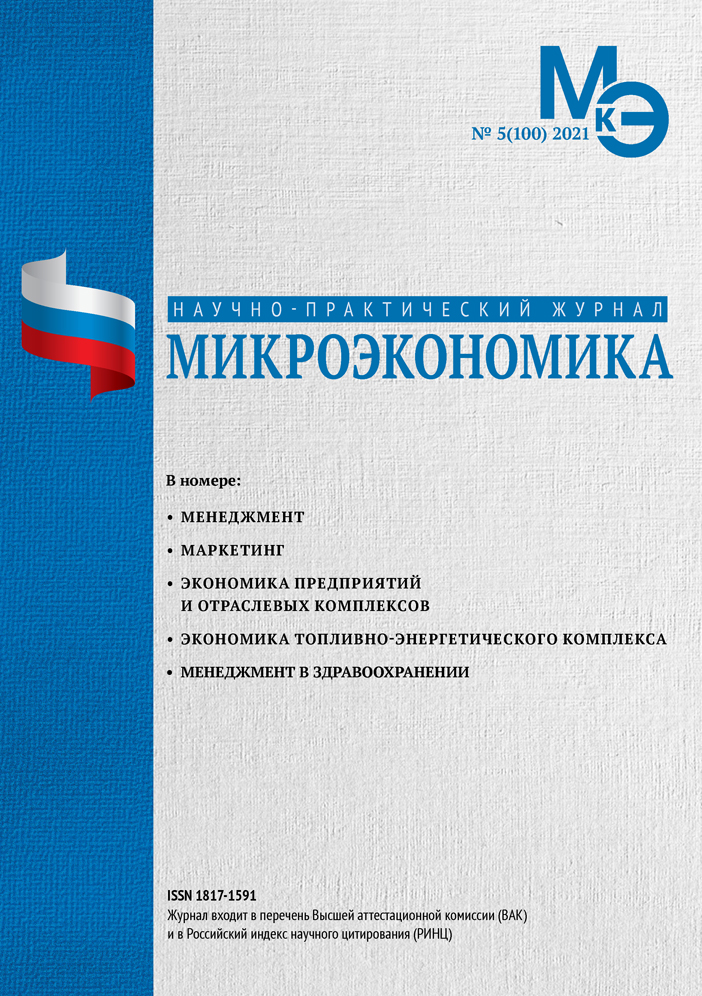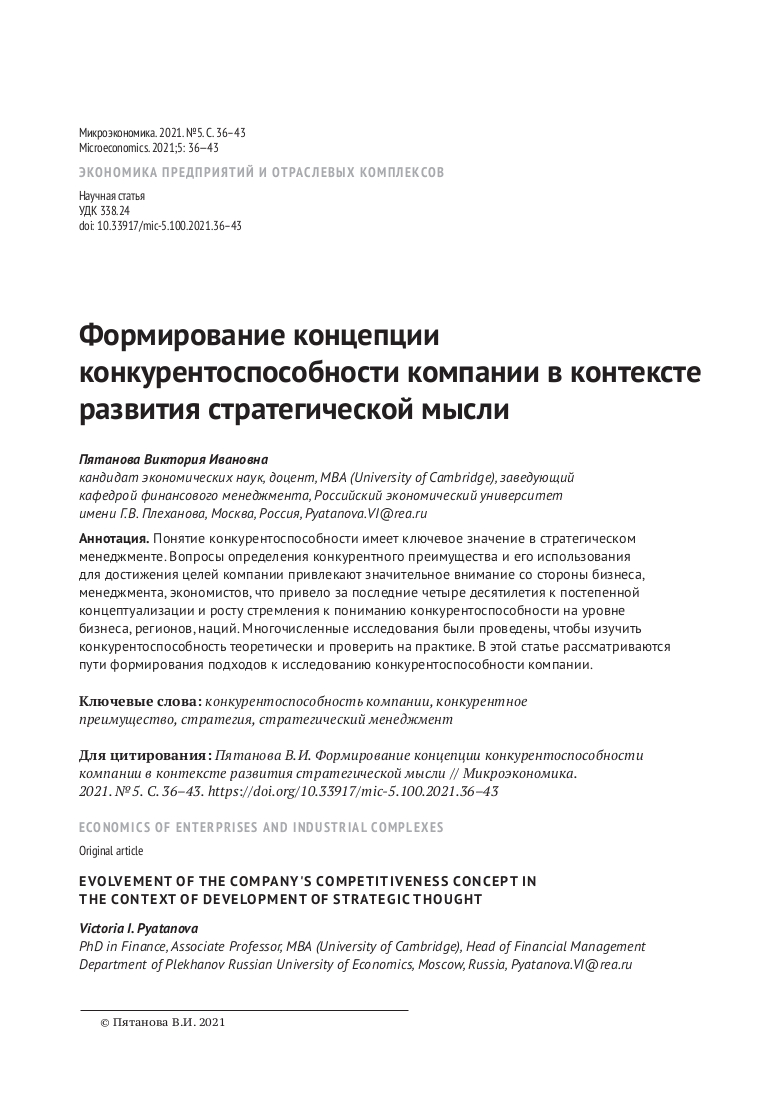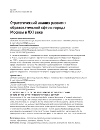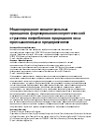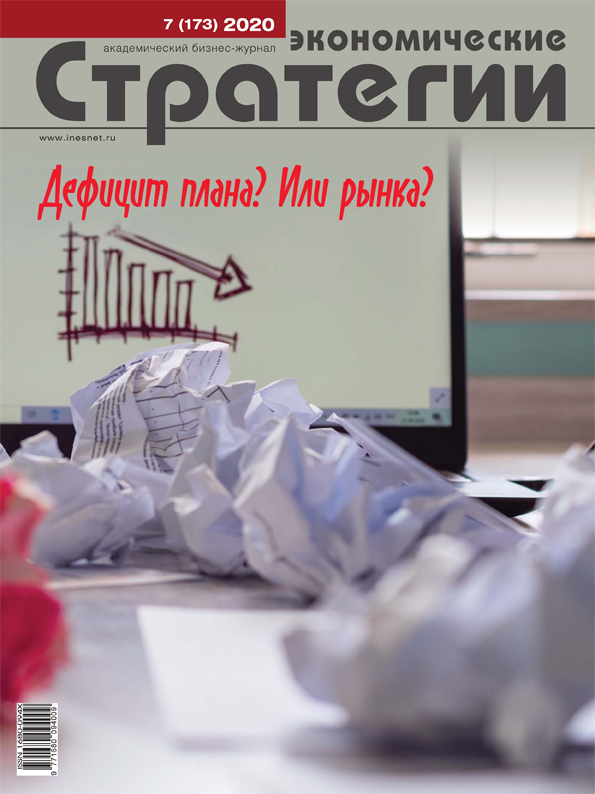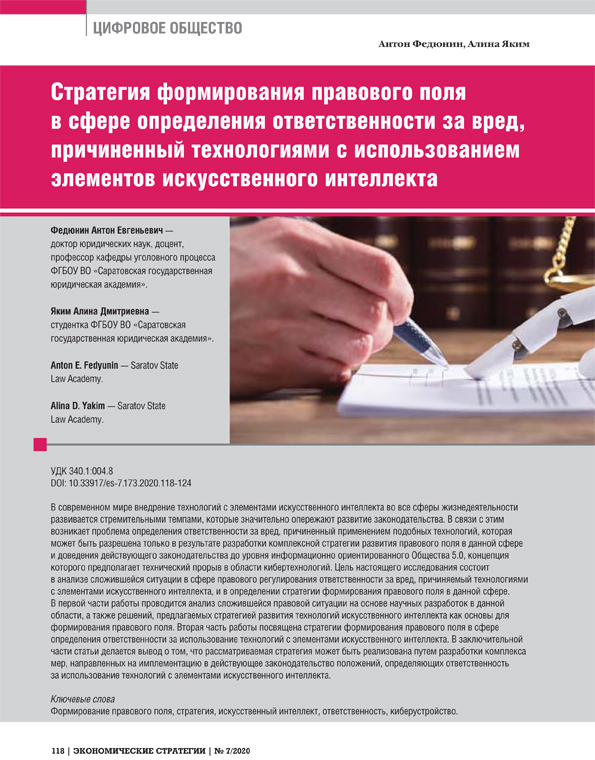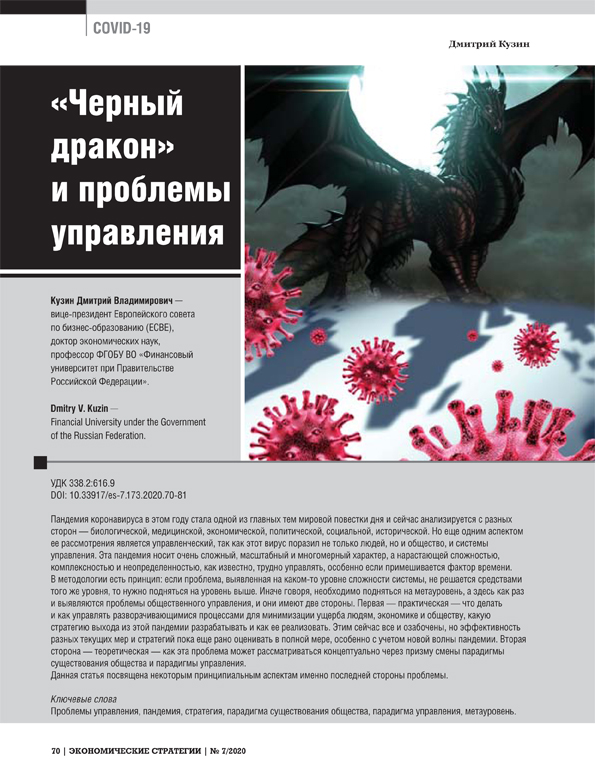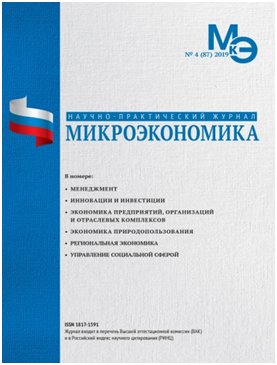The state and possibilities of social development of the regions of the Arctic zone of the Russian Federation
DOI: 10.33917/mic-3.104.2022.63-74
The article presents the results of a comparative analysis of the positions of the regions of the Arctic Zone according to the state of the social (demographic) environment. Such an analysis is carried out in order to identify the previously achieved quantitative characteristics of social (demographic) processes and ranking the positions of regions in the base year of the start of the implementation of the national project “Demography” and the corresponding five federal projects on the territory of the Russian Federation. The study of the approved criteria for the implementation of the national project “Demography” as a list of indicators of annual state statistical reporting to be monitored revealed the problem, the essence of which is that: the approved list of indicators is insufficient; quantitative results of the implementation of federal projects planned for 2022 and projected for 2024 exist only for some indicators from the approved list; in federal projects, indicators that are not contained in the annual state statistical reports are proposed as criteria, which does not allow an analysis of the state of the social (demographic) environment; the criteria contained in federal projects, which are indicators of annual state statistical reporting, have not been officially approved.
References:
1. Porter M. E., Kramer M.R. Creating Shared Value,Harvard Business Review, January-February 2011. pp. 62-77.
2. Porter M. E., Kramer M.R. Strategy & Society: The Link Between Competitive Advantage and Corporate Social Responsibility, Harvard Business Review, December 2006. pp. 78-92.
3. Pyatanova V.I., Pyatanov I.A. Responsible finance: application and challenges for society, governments and corporations. Upravlenie. 2020;8(1):57-62.
4. Why do Russian companies invest millions in corporate social responsibility. URL: https://www.forbes.ru/forbeslife/416541-zachem-rossiyskie-kompanii-vkladyvayut-milliony-v-korporativnuyu-socialnuyu
5. Who became the “greenest” company in Russia – June RAEX rating. URL: https://trends.rbc.ru/trends/green/5fe4a0e89a79477bdd9c79c1
6. International <IR> framework. January 2021. URL: https://integratedreporting.org/wp-content/uploads/2021/01/InternationalIntegratedReportingFramework.pdf


